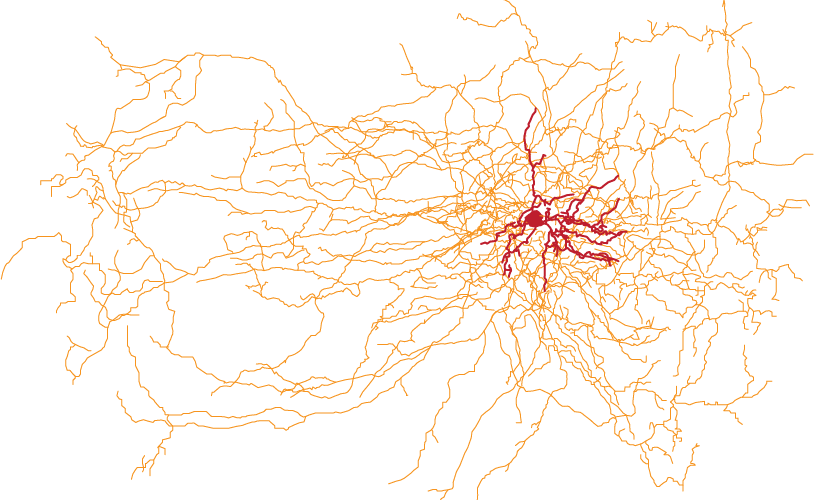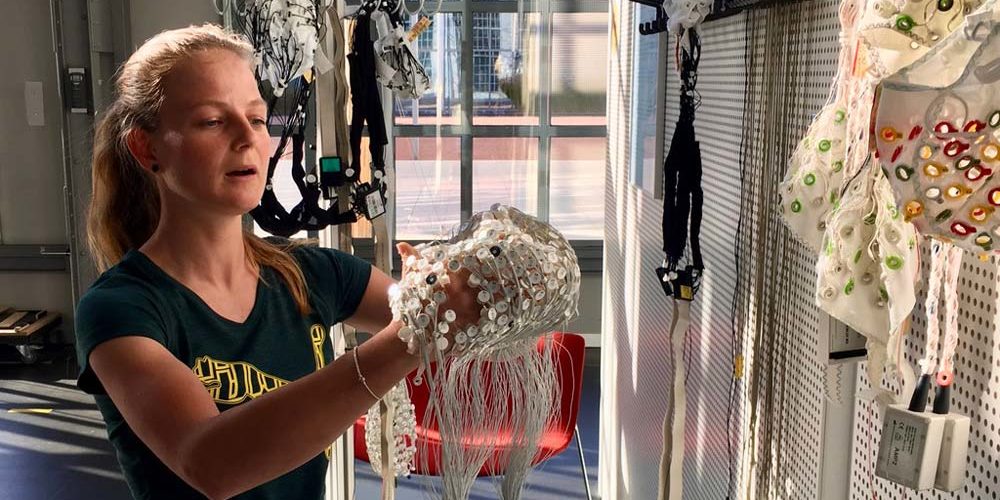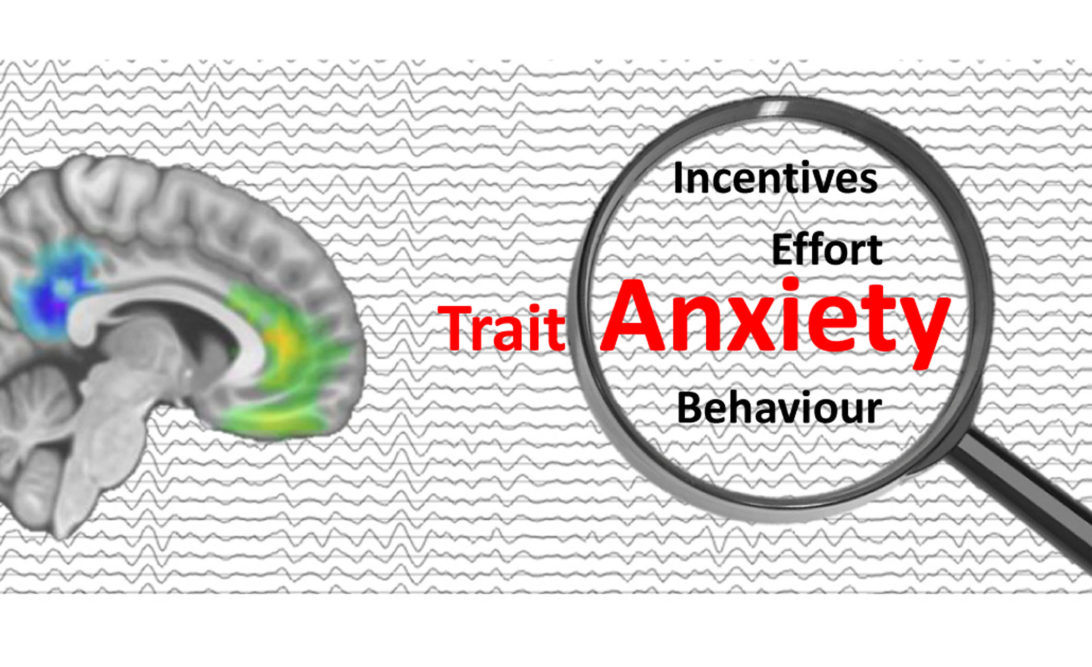23 March 2022
Individuals can respond to stress in diametrically opposed ways. A NCCR-Synapsy study shows that the behavioral response depends on the level of anxiety and identifies the cerebral mechanisms involved. People often have different responses to stress. These distinct behavioral reactions Read more…









